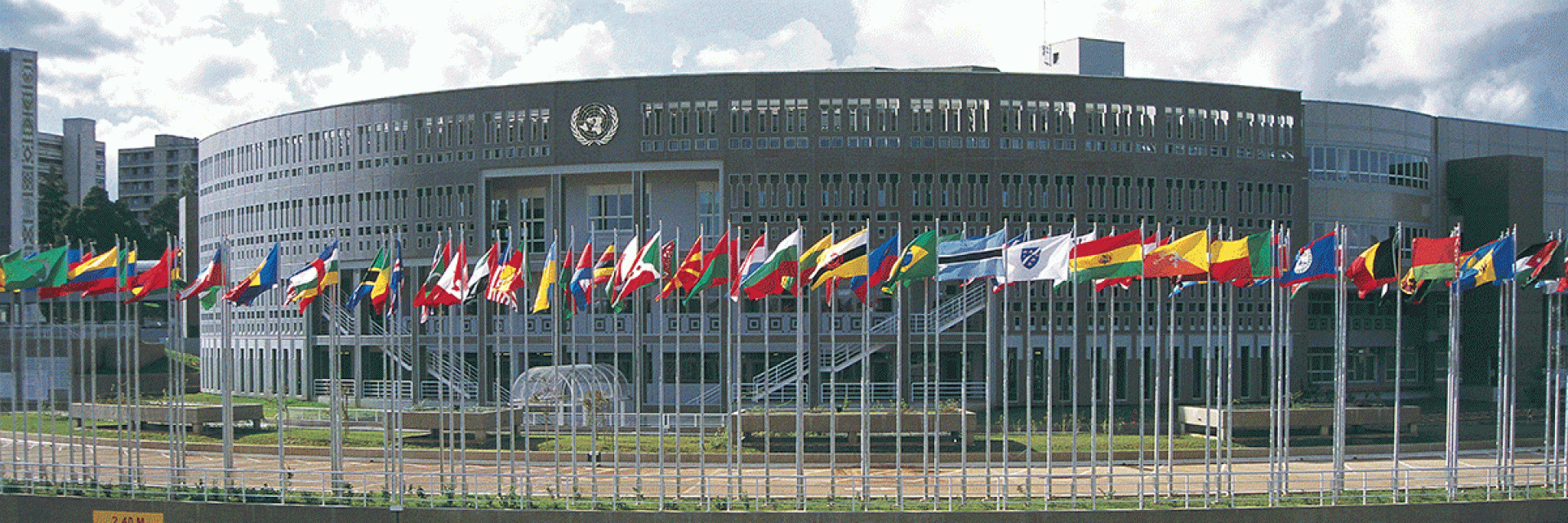Lusaka, Zambia, 24 May 2019 - The National Consultative Forum on the African Continental Free Trade Area (AfCFTA) concluded on 24th May at Mulungushi Conference in Lusaka, Zambia. This marks the beginning of the wider stakeholder consultation process from 27-31 May 2019, which will feed into Zambia’s national implementation strategy for the AfCFTA. The Forum was co-organised Zambian Ministry of Commerce, Trade and Industry in partnership with the African Union Commission (AUC), the Economic Commission for Africa Office for Southern Africa (ECA-SA) and the African Trade Policy Centre (ATPC).
The Zambian government provided policy direction on the implementation of the AfCFTA and gathered sectoral views on the benefits and challenges presented by the AfCFTA. The government also focused discussion on the sectors that provided Zambia with the greatest comparative advantage and opportunities to leverage regional and continental value chains. The Ministerial Round Table Session provided insights on the lessons learnt from regional integration within SADC and COMESA and offered policy advice on what stakeholders in Zambia should do in preparation for the AfCFTA. ECA presented the latest progress on the AfCFTA, whilst trade experts explained what the AfCFTA looks like in the Zambian context. Discussions and presentations by business associations on their perspectives were also a key component of the Forum.
Oliver Maponga, Economic Affairs Officer, of the United Nations Economic Commission for Africa, Southern Africa Office gave an overview of the issues which required further consideration, during the closing session. Including, “expanding the manufacturing capacity in Zambia, the harmonization and mutual recognition of standards and regulations, the development of infrastructure to support the flow of goods and services.”
Kayula Siame, Commerce, Trade and Industry Permanent Secretary (PS) of Zambia formally closed the Forum and explained that: “Zambia is doing a lot to ensure we are ready to implement and participate in the AfCFTA. For example, we are putting together a legal framework under the trade remedies bill to ensure Zambian industries are not disadvantaged under the AfCFTA. Also, we are continuously engaging our stakeholders over the long-term.”
The national consultation process and drafting of the national implementation strategy is part of a wider project aimed at Deepening Africa’s Trade integration through Effective Implementation of the AfCFTA. Financially supported by the European Union, ECA has been working with its partners including the African Union Commission (AUC), International Trade Centre (ITC), United Nations Conference on Trade and Development (UNCTAD) and a selection of independent trade experts to identify the key elements to be considered in national AfCFTA implementation strategies.

